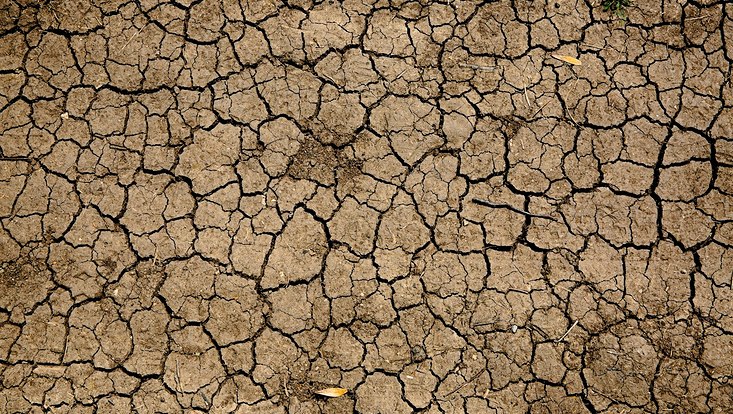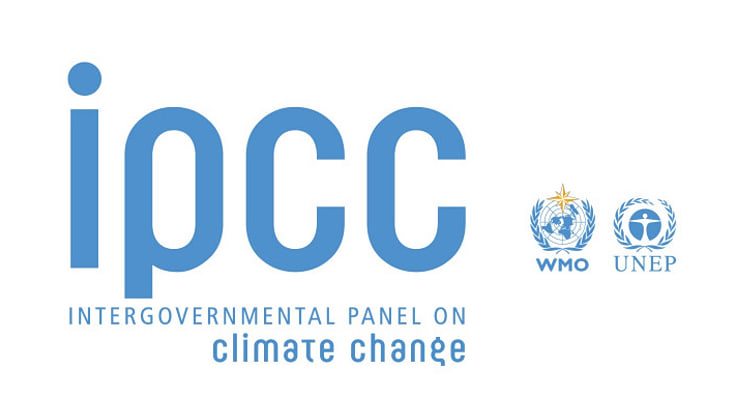Vidur Mithal begins PhD
2 May 2024

Photo: unsplash.com/mike-erskine
Vidur Mithal started his PhD at the International Max Planck Research School on Earth System Modelling (IMPRS-ESM), a joint program by the Max Planck Institute for Meteorology and the Universität Hamburg. He is part of the Climate Extremes group at FNK where he previously worked as a Research Assistant during his Master's degree in Integrated Climate System Sciences. His PhD will be supervised by Dr. Leonard Borchert and Prof. Jana Sillmann.
In the interview he talks about the importance of his PhD topic, why he is interested in it and what he expects as a PhD student.
1. What is your PhD topic?
My PhD is titled "Earth system modelling of extreme climate impacts: applications to crop yields". Essentially, I am interested in studying the relationship between weather and climate extremes on the one hand and agricultural crop yields on the other, improving our understanding of the drivers of these impacts and how they could evolve in the future.
2. Why is this topic important and how did you become interested in it?
Climatic extreme events can strongly affect crop yields, not only impacting the livelihoods of producers but also threatening regional and global food security. As climate change worsens, many types of extreme events are projected to become more frequent and intense, so it is important to understand how their impacts on agriculture will evolve to be able to develop suitable adaptation and risk reduction strategies. One of the reasons I am interested in this topic is because of its interdisciplinarity -- not only does it call for expertise in different areas of climate science, but also in aspects of agricultural science, economics, and statistics, among others. I also find this research interesting because it connects climate science to society and has potential real-world applications.
3. What do you expect from your time as a PhD student in Hamburg?
I am looking forward to my time as a PhD student in Hamburg. Given the wide range of climate-related expertise on offer here across several institutions, I think Hamburg is a great place to pursue interdisciplinary climate research, and I hope to be able to make use of this to broaden my horizons and connect and collaborate with other researchers.
4. Do you already have plans for the future?
After my PhD, I hope to apply my expertise in analyzing the impacts of climate change, especially climatic extremes, to conduct further research on the risks posed by climatic extremes on various regions and sectors, and to work with stakeholders to help them better adapt to and manage these risks.
Thank you and all the best for your PhD!


